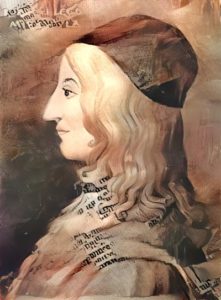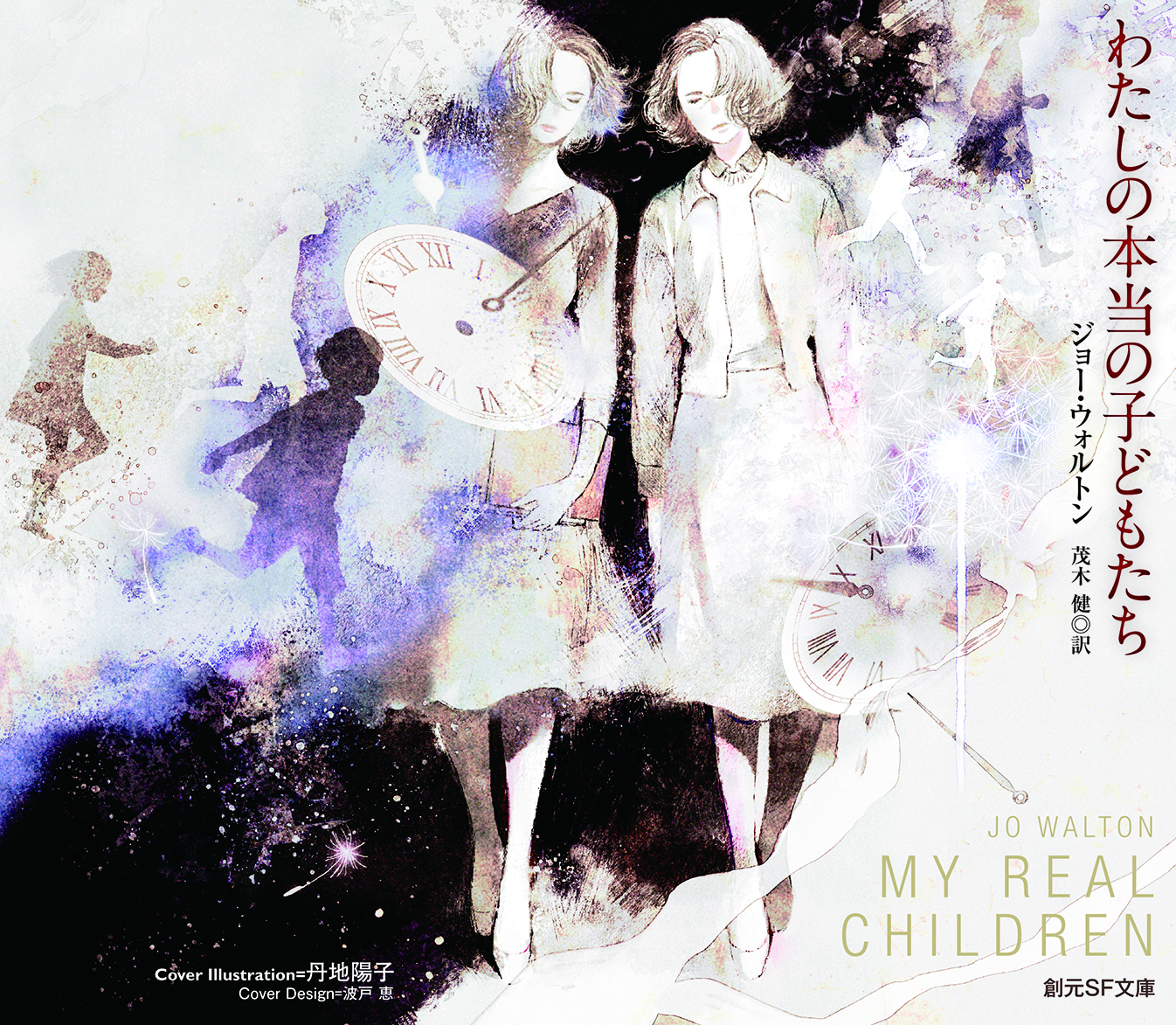 Lent is a fantasy novel about Savonarola. It takes place in Florence and Hell between 1492 and 1498.
Lent is a fantasy novel about Savonarola. It takes place in Florence and Hell between 1492 and 1498.
I wrote it in 42 writing days, four of those in January of 2016, then 17 days in Italy (Florence and Sardinia) in May/June 2017 (in which I wrote 40,000 words) and the rest after I got home in September 2017.
It’s 116,000 words long, which makes it a little longer than most of my novels. It was inspired by a letter of Marsilio Ficino, quoted in Donald Weinstein’s Savonarola: The Rise and Fall of a Renaissance Prophet.
It was published by Tor on 28th May 2019.
You can read the first chapter on the Tor/Forge blog.
Reviews
Locus Review by Gary Wolfe
What began as a riveting historical about a fascinating figure whose self-destructive pride insured both his demise and his lasting influence ends up as a rather dizzying timeline adventure leading to a conclusion that ingeniously satisfies both the terms of its 15th-century Florentine worldview and the SF-like machinery that makes it work.
Publishers Weekly, Starred Review
Kirkus, Starred Review
Booklist
Lent is a dense but rewarding look at the long, long road to redemption.
Winnipeg Free Press
a unique and thoughtful novel
Chicago Review of Books
Tor blurb:
From Hugo, Nebula, and World Fantasy Award-winning Jo Walton comes Lent, a magical re-imagining of the man who remade fifteenth-century Florence—in all its astonishing strangeness
Young Girolamo’s life is a series of miracles.
It’s a miracle that he can see demons, plain as day, and that he can cast them out with the force of his will. It’s a miracle that he’s friends with Pico della Mirandola, the Count of Concordia. It’s a miracle that when Girolamo visits the deathbed of Lorenzo “the Magnificent,” the dying Medici is wreathed in celestial light, a surprise to everyone, Lorenzo included. It’s a miracle that when Charles VIII of France invades northern Italy, Girolamo meets him in the field, and convinces him to not only spare Florence but also protect it. It’s a miracle than whenever Girolamo preaches, crowds swoon. It’s a miracle that, despite the Pope’s determination to bring young Girolamo to heel, he’s still on the loose…and, now, running Florence in all but name.
That’s only the beginning. Because Girolamo Savanarola is not who—or what—he thinks he is. He will discover the truth about himself at the most startling possible time. And this will be only the beginning of his many lives.
Frequently Asked Questions
Q. Is Lent set in the same universe as any of your other books?
A. No.
 Q. But it has Marsilio Ficino and Pico della Mirandola in it, and they’re also in the Thessaly books, doesn’t that mean it’s the same universe?
Q. But it has Marsilio Ficino and Pico della Mirandola in it, and they’re also in the Thessaly books, doesn’t that mean it’s the same universe?
A. They’re real people from the real world, and I’m using them again in a different universe. They’re also in Or What You Will.
Q. Why are Marsilio Ficino and Pico della Mirandola in so many of your books?
A. They’re just that awesome.
Q, Is apocatastasis a heresy?
A. No, although Pope Innocent VIII condemned it as a heresy when it appeared in Pico’s work, it was propounded by St. Gregory of Nyssa, who is a saint, and can be therefore be considered to be part of canonical Christianity. At least before the Reformation and the Counter-Reformation reforms. As of the 1490s, the answer is that no, it isn’t. As for now, well, I know sure that Gregory of Nyssa is being read in college courses at at least one Christian college in the US.
Q. Where did you get the idea for the way the Lent universe works?
A. It’s a weird theory of Ficino’s. No, really.
Q. What should I read if I want to know more about Renaissance Italy?
A. Two really good places to start are Benvenuto Cellini’s Autobiography, which is available on Project Gutenberg for free, and Guido Ruggiero’s The Renaissance in Italy. There’s a valuable reading list on Ex Urbe.
Q. Why is Lent written in present tense?
A. It felt right. That’s the only answer I ever have for mode, and mode is what I have to have in order to write anything. I don’t make conscious choices about it, I go with what the story wants. This one wanted third person superclose present tense. I really don’t know why.



